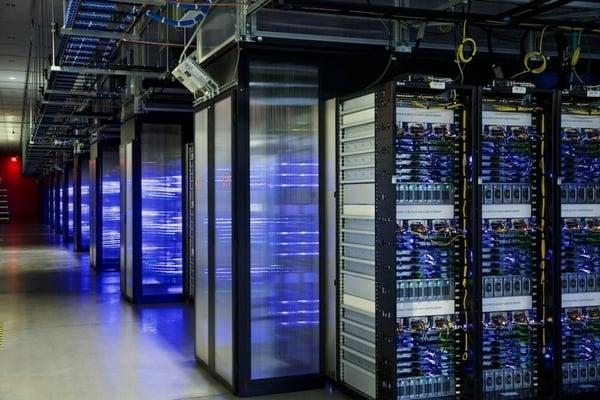Data Center Cabinet: The Backbone of Efficient IT Infrastructure
A data center cabinet is a fundamental component of any modern IT infrastructure. These specialized enclosures house servers, networking equipment, and other critical hardware, ensuring optimal organization, airflow, and security. In this article, we explore the importance of data center cabinets, their key features, and how to select the right one for your facility.
Why Data Center Cabinets Are Essential
Data center cabinets play a crucial role in maintaining an efficient and secure IT environment. They offer:
- Optimized Organization: Cabinets help in managing space effectively by stacking hardware in a structured manner.
- Enhanced Airflow & Cooling: Proper ventilation prevents overheating, reducing the risk of system failure.
- Improved Security: Lockable cabinets protect sensitive data and equipment from unauthorized access.
- Cable Management: Integrated cable routing systems prevent tangling and ensure efficient power distribution.

Key Features
When choosing a data center cabinet, consider the following features:
- Size & Dimensions – Cabinet sizes are usually standardized in rack units (U), with common heights ranging from 24U to 48U. The depth and width must accommodate your equipment while leaving room for airflow and cabling.
- Load Capacity – Ensure the cabinet can support the weight of all installed hardware. Check the static and dynamic load ratings to prevent structural issues.
- Cooling & Ventilation – Perforated doors, top-mounted cooling units, and side panel vents enhance airflow and heat dissipation, reducing the risk of overheating.
- Security Features – Look for cabinets with locking mechanisms, biometric access, or RFID authentication to safeguard sensitive data.
- Cable Management – Integrated cable management features such as cable trays, vertical mounting rails, and side ducts keep cables organized and improve accessibility.
- Scalability & Modularity – Choose a cabinet that allows for future expansion, ensuring that your infrastructure remains adaptable to growing demands.
How to Choose the Right Data Center Cabinet
- Assess Your Equipment Needs – Identify the number and size of servers, switches, and other components that need to be housed.
- Consider Environmental Factors – Evaluate your facility’s cooling system, power supply, and available space to determine the best cabinet design.
- Think About Future Expansion – Opt for a scalable solution that accommodates additional hardware without requiring frequent replacements.
- Ensure Compliance & Standards – Select cabinets that meet industry standards such as EIA-310, UL certification, and ISO compliance for safety and compatibility.
Conclusion
A well-chosen data center cabinet enhances efficiency, security, and scalability in IT infrastructure. By considering factors like size, ventilation, security, and cable management, businesses can ensure their data centers operate optimally. Investing in the right cabinet today will provide long-term benefits in performance and reliability. For expert guidance on selecting the best data center cabinet for your needs, consult a professional IT infrastructure provider today!